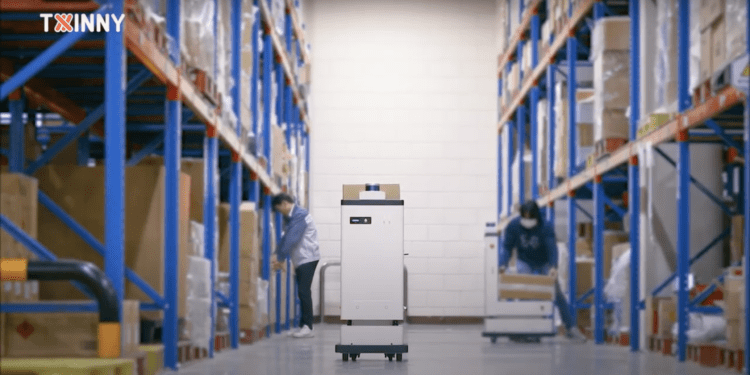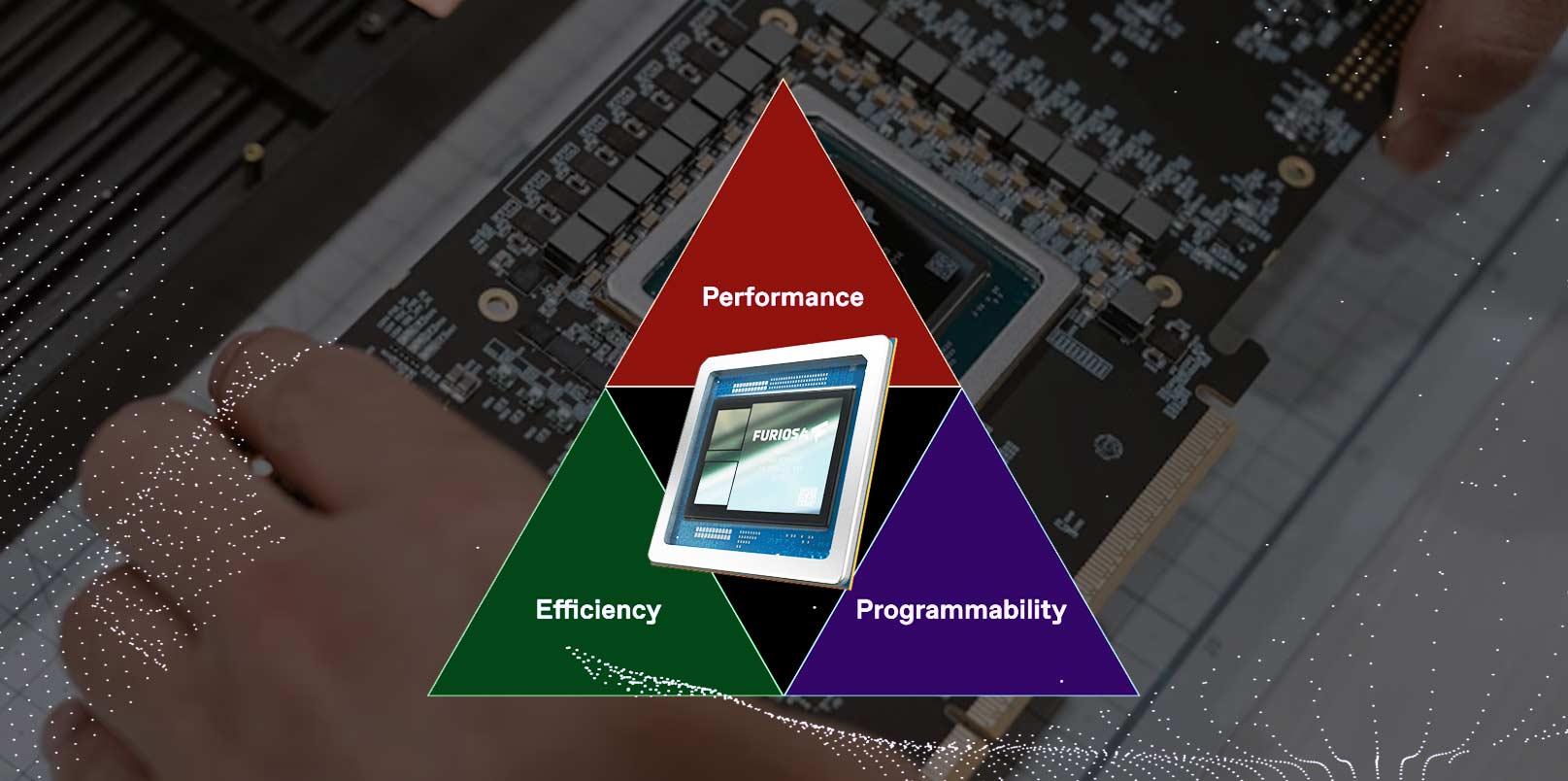The global logistics and transportation field faces numerous challenges such as increased fuel costs, business cost improvement, economy, and improved customer service. In the 21st century, more companies are opting for automate logistics processes over traditional approach. These firms have increased the use of unmanned mobile robots to assist underlying systems that vary from QR codes on product boxes to beacon sensors on wearable devices.
However, Korean startup Twinny Robotics has introduced a new way of automating logistics using mobile robotic solutions. The startup was created by Cheon Hong-Seok and his twin brother in 2015, and has grown to create a wide range of mobile robot lineups that help business automate their logistics systems
Twinny’s logistics solutions
Twinny Robotics is a developer of autonomous navigation software, focusing on providing mobile robots with indoor positioning, self-map generation, obstacle avoidance, and more. The startup developed MoiGo, a free all-in-one project management and collaboration tool. The application allows schedule-sharing among different mobile users using its messenger feature. The startup also develops autonomous driving robots and software designed to reduce accidents caused by driver error or move any object autonomously without any physical connection.
Twinny’s technology uses depth cameras to accurately track pre-registered objects in complex environments to maneuver it, enabling clients to reduce labor costs and increase productivity by continuously working around the clock without fatigue. The startup’s technology treats robots independently, allowing them to find a precise location, detect a person to follow, and carry out the order-picking process for warehouse inventory management, all without any physical connection,
Warehouses using the technology stand to save on their operating costs as they don’t need t set up all the infrastructure supporting conventional automated robots. According to Twinny co-founder Cheon Hong-Seok “Those underlying systems and equipment often incur significant maintenance costs, because a slight damage in the system could cause robots’ failure to position itself properly,”
Twinny’s robot lineup
Twinny’s logistics solutions are still at the prototype stage but once fully developed and deployed; it could beat Amazon’s Kiva. The Amazon Kiva system requires racks compatible with its robots and QR codes for positioning, thus preventing ordinary logistics facilities from adopting it. Twinny unveiled its mobile robot lineup, which is partly powered by Velodyne Lidar, at COMEUP2020, South Korea’s biggest startup event. The lineup is designed to work in indoor facilities such as warehouses that have weak GPS signals. The mobile robot lineup consist of TarGo, which can detect individuals even when they are distracted or interrupted by others. TarGo has built-in sensors that can target single individuals, even if the two persons are twins or wearing the same outfit. TarGo deals with versatile locations such as hospitals, airports, supermarkets, and offices.
NarGo is the self-driving robot cart that can pull another cart so that the robot carts can be aligned like a train. The robots can carry heavy packages using multiple carts, with the leading cart navigating the surrounding and alerting about any obstacles or barriers along the way. NarGo was tailored to meet the logistic requirements of warehouses. Twinny Robotics introduced NarGo and TarGo in 2019 at the Robo World 2019 and at the COMEUP 2020. These two robots can carry objects as massive as 100 kilograms.
Expansion plans and partnerships
Twinny’s expansion plan targets countries with comparatively high labor costs, such as North America, Asia, and Europe. The startup aims to enter the international markets by launching full fledged software compatible with their partners’ software and hardware products such as drones and forklifts to maximize their logistics management efficiency. In August 2020, Twinny partnered with Hyundai Glovis to use the robots for tasks like delivering packages, laundry or goods, etc.
Twinny Robotics plans to increase their robots’ velocity and weight lifting capacity to make them more competitive. It plans to increase the robot’s maximum weight to one ton and add a forklift to the robot. It also plans to increase its robots’ velocity to 1.2 m/s for TarGo and 0.7 m/s for NarGo.
Also Read,
- Korean startup Coconut Silo makes cross-border logistics tracking easier, efficient
- Day 2 of COMEUP 2020: Open Innovation, Remote Work, Robotics & AI were the flavours of the day
- Vietnamese startup Loship continues its journey by disrupting the country’s wholesale supply market
- Korean startup company Reset uses robotic technology to clean and remove snow






